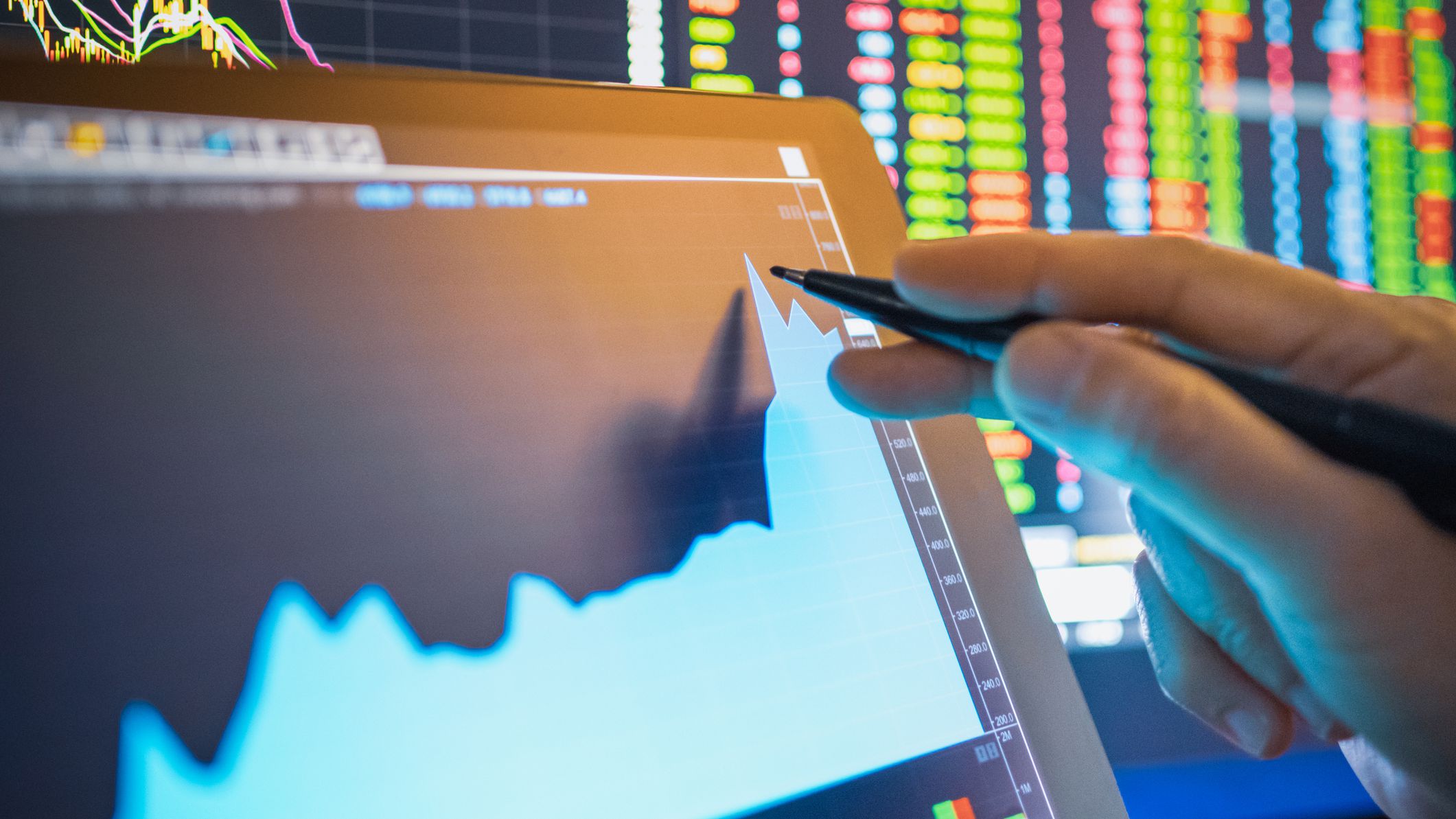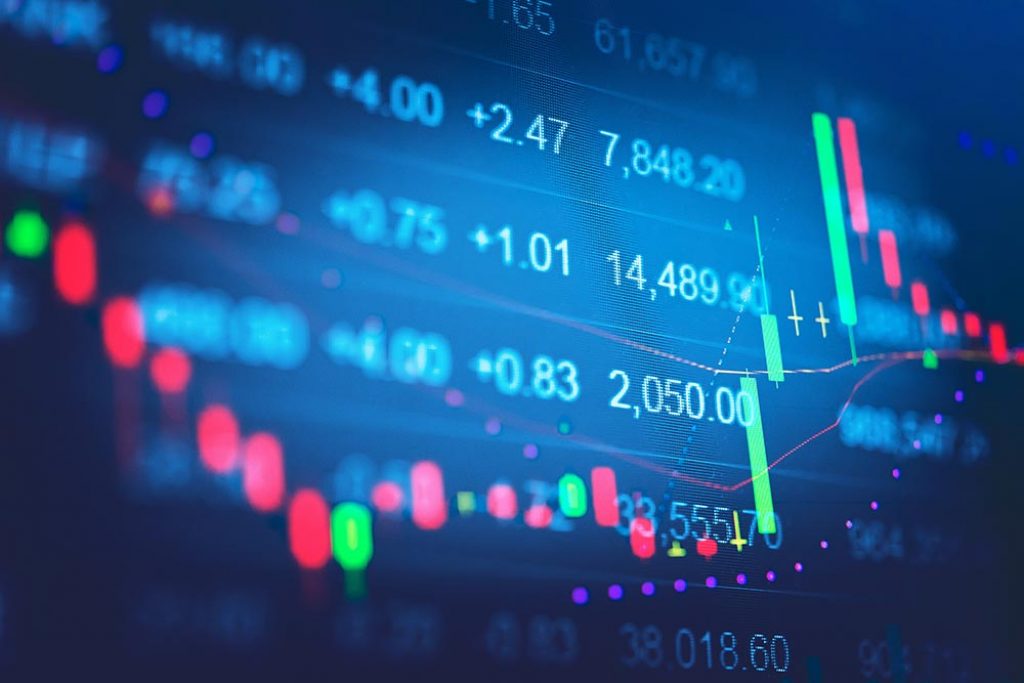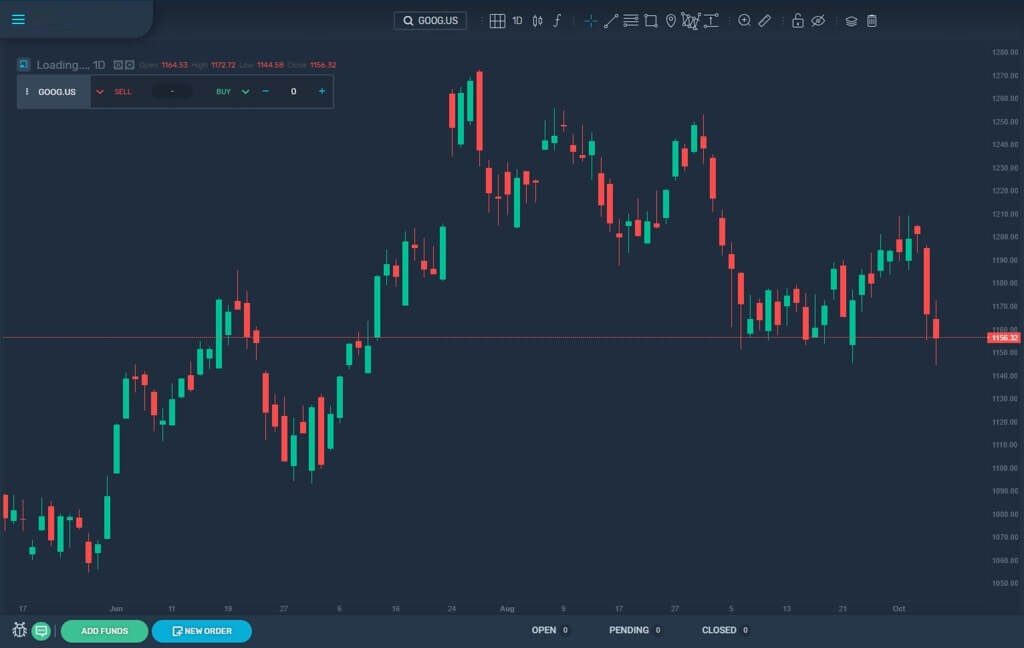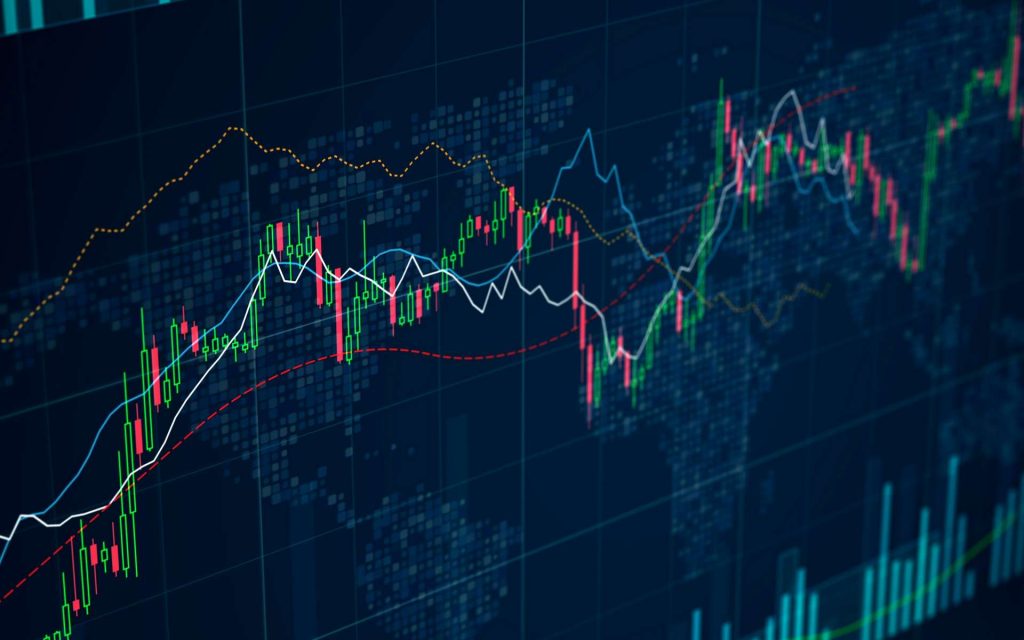
You’ve probably pondered how to get started in trading, but you’re not sure where to begin. Does it appear to be a chore that is far too daunting to ever consider taking on at this time? We’re here to tell you that getting started in trading with CFDs is a pretty easy method that you may use to get started right now.
Table of Contents
What exactly is a CFD?

Source: funds-money.com
A CFD (Contract for Differences) is a tradable contract between you and a counterparty that allows you to profit from price fluctuations. Based on the value of an underlying asset, the valuation provides participants with the opportunity to profit from changes in the value of the asset. Derivatives are contracts in which the value of the contract is based on the value of an underlying asset, which are referred to by investors.
These derivatives can benefit an Liquidity X investor by allowing them to profit from changes in the value of an asset without needing the investor to own any ownership interest in the underlying asset. CFDs are essentially wagers on whether the price of an asset will rise or fall in the future. Trading CFDs is an excellent option for investors who anticipate that the value of an asset will grow in the near future. If an investor anticipates that the value of a CFD will decline, the investor may choose to sell an initial position in the CFD to anybody who may be interested.
What is the meaning of leverage?

Source: toanthangship.com
Consider the notion of leverage as a multiplier for both your profits and losses in the stock market. When you leverage your investments, you may gain a higher level of exposure to the markets with a smaller initial investment. Most brokers will only deal with you if you have at least some degree of leverage, such as 5x or 10x, before they would consider your application (1:5, 1:10).
Some brokers provide their clients the option of selecting from a number of different leverage levels, while others offer a single fixed level for all of their clients. You should be aware of the risks involved, since leverage may cause your position to deplete more quickly as a consequence of increased exposure to the market.
Why do people choose CFD trading?

Source: cryptimi.com
A variety of factors lead to a large number of people preferring CFD trading over attempting to profit by investing in a specific product and then selling it at a higher price. For starters, you may make money even when the markets are performing poorly. With CFDs, it doesn’t really matter if the stock market or a particular currency is performing well; all that matters is that it is acting in the manner that you expected it would.
Secondly, because it is possible to make more money from a single transaction, it may be a more exciting possibility for those who do not have a large amount of capital to begin trading with. Another advantage of CFD trading is that you may trade CFDs on a variety of different assets on the same platform, so if you can’t determine which stocks, commodities, or currencies are the most intriguing to you, you can trade CFDs on them all.
Should I go Long or Short?

Source: info-4geek.com
Unfortunately, when it comes to placing a good trade, there is no secret recipe, and even the most successful traders have losses from time to time. While doing some study and keeping an eye on current events, you will be in a lot better position to earn a profit than you would otherwise be.
There is a great deal to keep an eye out for, including business earnings reports, geopolitical developments, and economic data releases, among other things. However, the most important thing to remember is to reduce your losses to a minimum and to maximize your earnings. It is possible to have more lost transactions than winning ones and yet generate a profit in this manner. This is why effective money and risk management is so critical to success.
What are the advantages of Contract for Difference?

Source: publicfinanceinternational.org
CFDs have grown in popularity in recent years, despite the fact that they are typically linked with increased risk due to the fact that they are leveraged products:
First and foremost, financial markets are now available to many kinds of traders who would not otherwise be able to participate in the thrill of financial markets because of the leverage provided by such markets. Clearly, this necessitates that they be schooled on the subtleties of the area; nevertheless, they must stay vulnerable to the hazards throughout the process. Many brokers are aware of this and are taking measures to alleviate many of the concerns. As an example, in addition to negative balance protection, it is also feasible to limit one’s risk to a higher extent through the use of self-select leverage-per-position.
Trading CFDs and derivatives, in general, has a number of significant advantages, one of which is the ability to short the underlying asset. It is reasonable to expect the value of your stock or commodity to rise before you can sell it for a profit. If the market takes a dive, you have two options: either sell at a loss or wait and hope that the trend changes in your favor.
Going long (investing in a BUY position) or short (investing in a SELL position) on an asset’s growing value is possible with CFDs, as is opening positions on an asset’s falling value (investing in a SELL position).
Conclusion
CFDs are almost ideal for those with little financial resources who wish to make a stock market investment but do not have the funds to do so. Before making a choice on whether or not to trade a CFD, every trader should weigh the pros and drawbacks of doing so. Depending on the circumstances, CFDs can be a viable alternative to traditional trading methods when the large spreads, leverage, risk, and other factors are taken into consideration. Carefully investigate the service you plan to utilize, as well as the potential risks to which you may be exposed before proceeding.







